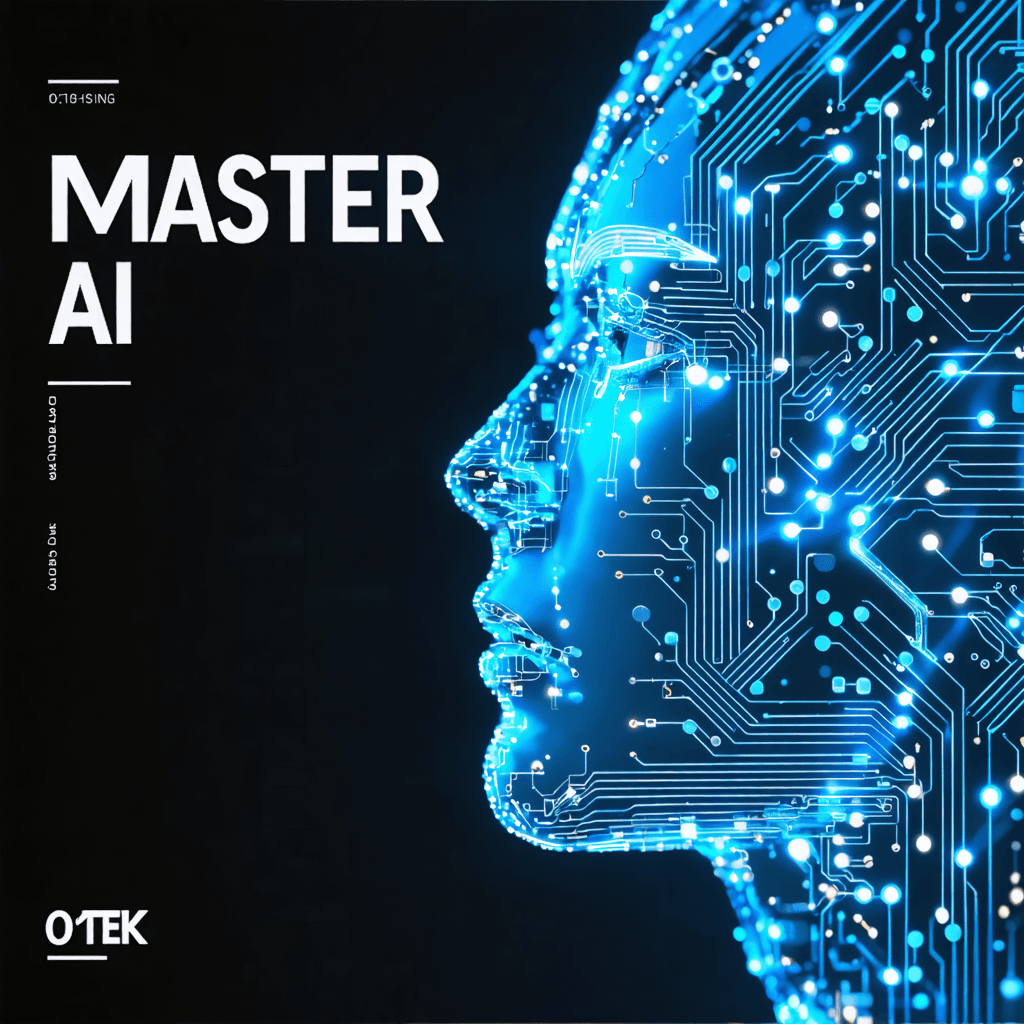Student-Friendly Guide: Master AI Agent Design and Supercharge Your Tech Career
As artificial intelligence continues to reshape the technology landscape, mastering AI agent design has become an invaluable skill for aspiring tech professionals. This comprehensive guide will walk you through the essentials of AI agent design and help you position yourself for success in this rapidly growing field.
Understanding AI Agents: The Foundation
AI agents are software entities designed to perceive their environment, make decisions, and take actions to achieve specific goals. These intelligent systems range from simple chatbots to complex autonomous systems that can transform businesses and industries.
Key Components of AI Agents
- Perception Systems
- Sensor inputs and data processing
- Pattern recognition capabilities
- Environmental awareness mechanisms
- Decision-Making Framework
- Knowledge representation
- Reasoning algorithms
- Learning mechanisms
- Action Execution
- Output generation
- Response implementation
- Environment interaction
Essential Skills for AI Agent Design
1. Programming Fundamentals
Strong programming skills are the backbone of AI agent development. Focus on:
- Python (primary language for AI development)
- Java or C++ for system-level implementations
- Understanding of data structures and algorithms
2. Mathematics and Statistics
Build a solid foundation in:
- Linear algebra
- Probability theory
- Calculus
- Statistical analysis
3. Machine Learning Concepts
Master these crucial areas:
- Supervised and unsupervised learning
- Reinforcement learning
- Neural networks and deep learning
- Natural Language Processing (NLP)
Best Practices in AI Agent Design
1. Goal-Oriented Architecture
Design your AI agents with clear objectives:
- Define specific, measurable goals
- Implement robust evaluation metrics
- Create scalable architectures
2. Ethical Considerations
Incorporate ethical principles from the start:
- Fairness and bias prevention
- Transparency in decision-making
- Privacy protection
- Safety considerations
3. Testing and Validation
Implement comprehensive testing strategies:
- Unit testing for individual components
- Integration testing for system cohesion
- Performance testing under various conditions
- Safety and security testing
Practical Steps to Start Your Journey
1. Build Your Technical Foundation
- Start with Basic Projects
- Create simple chatbots
- Implement basic machine learning models
- Develop pattern recognition systems
- Advanced Project Implementation
- Multi-agent systems
- Complex decision-making frameworks
- Real-world problem solutions
2. Portfolio Development
Create a compelling portfolio showcasing:
- Personal projects
- Contributions to open-source initiatives
- Documentation of your learning journey
- Problem-solving approaches
Industry Applications and Career Opportunities
1. Growing Markets
AI agent design skills are in high demand across:
- Technology companies
- Financial institutions
- Healthcare organizations
- Manufacturing industries
- Research institutions
2. Career Paths
Various roles you can pursue:
- AI Developer
- Machine Learning Engineer
- Robotics Engineer
- Research Scientist
- AI Systems Architect
Staying Current in AI Agent Design
1. Continuous Learning
Keep your skills updated through:
- Online courses and certifications
- Industry conferences
- Technical workshops
- Research papers and publications
2. Community Engagement
Participate in:
- Developer communities
- AI research groups
- Online forums and discussions
- Hackathons and competitions
Tips for Success
- Start Small, Think Big
- Begin with manageable projects
- Gradually increase complexity
- Maintain a long-term perspective
- Focus on Problem-Solving
- Identify real-world problems
- Develop practical solutions
- Iterate and improve
- Network and Collaborate
- Connect with industry professionals
- Join AI development teams
- Share knowledge and experiences
Tools and Resources
Essential Tools:
- TensorFlow and PyTorch for deep learning
- Scikit-learn for machine learning
- OpenAI Gym for reinforcement learning
- Natural Language Toolkit (NLTK) for NLP
Learning Resources:
- Online learning platforms
- Technical documentation
- AI research papers
- Industry blogs and newsletters
Future Trends in AI Agent Design
Stay ahead by focusing on emerging areas:
- Multi-agent systems
- Explainable AI
- Edge computing integration
- Quantum computing applications
Ready to Take the Next Step?
Mastering AI agent design is a journey that requires dedication, continuous learning, and practical application. Start your journey today with 01TEK's comprehensive courses and resources. Our expert-led programs will guide you through the complexities of AI development and help you build a successful career in this exciting field.
Visit 01TEK's AI Development Courses to explore our curriculum and join a community of future AI innovators. Take the first step toward becoming an AI agent design expert and shape the future of technology.
Remember, the field of AI is constantly evolving, and your learning journey never truly ends. Start building your future in AI agent design today!
Everything started as nothing.
Ben Weissenstein



